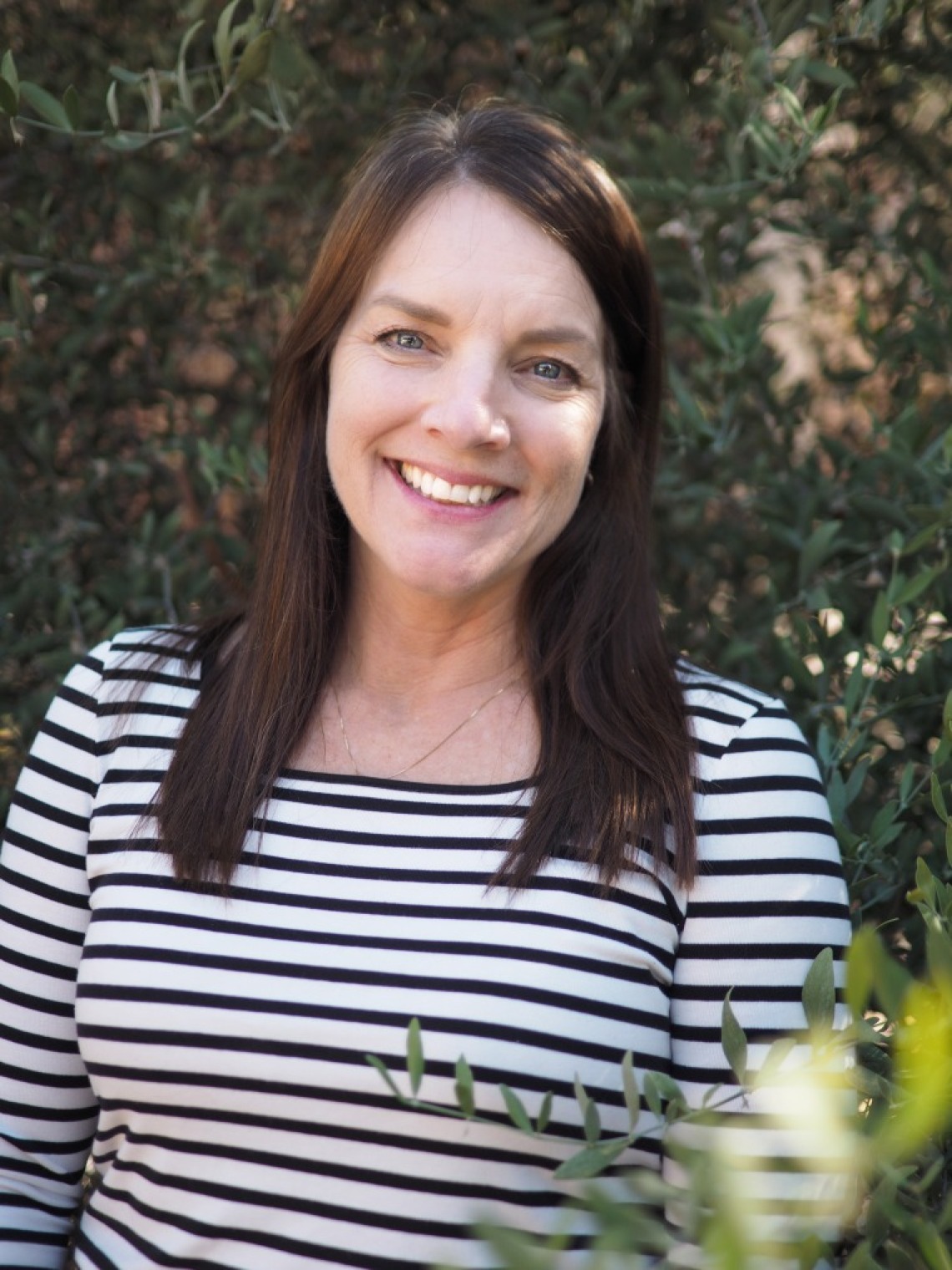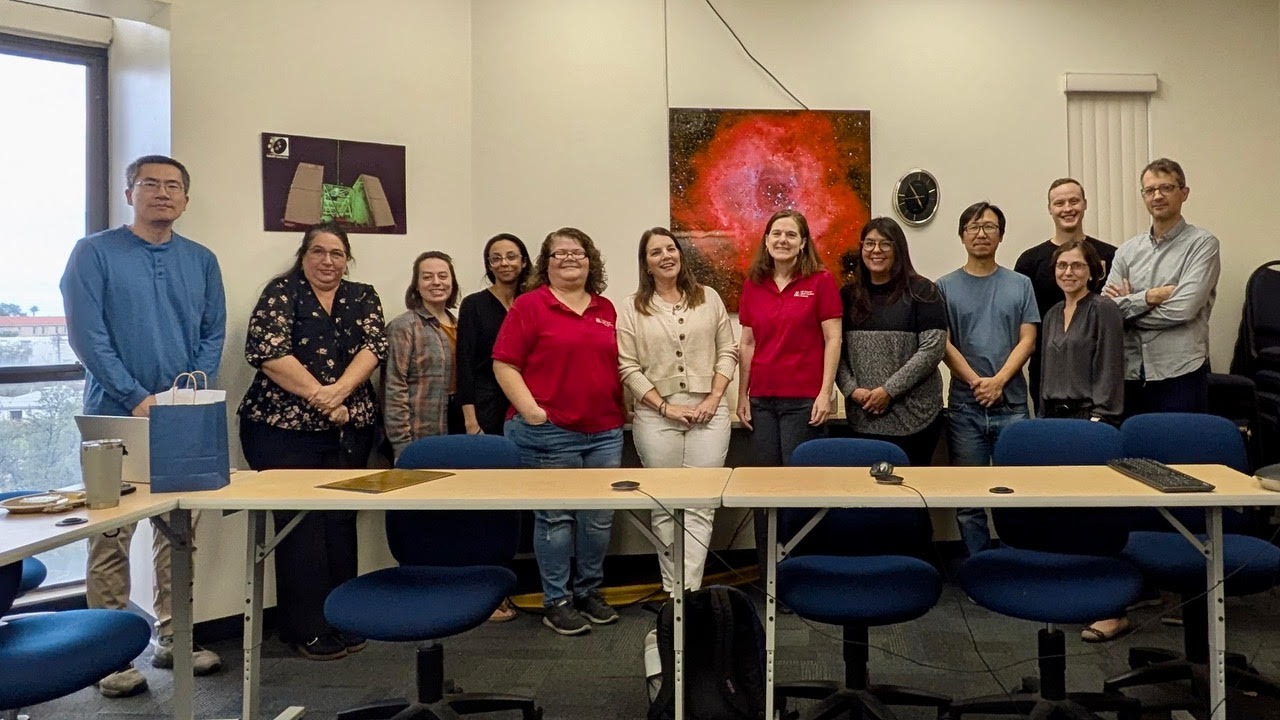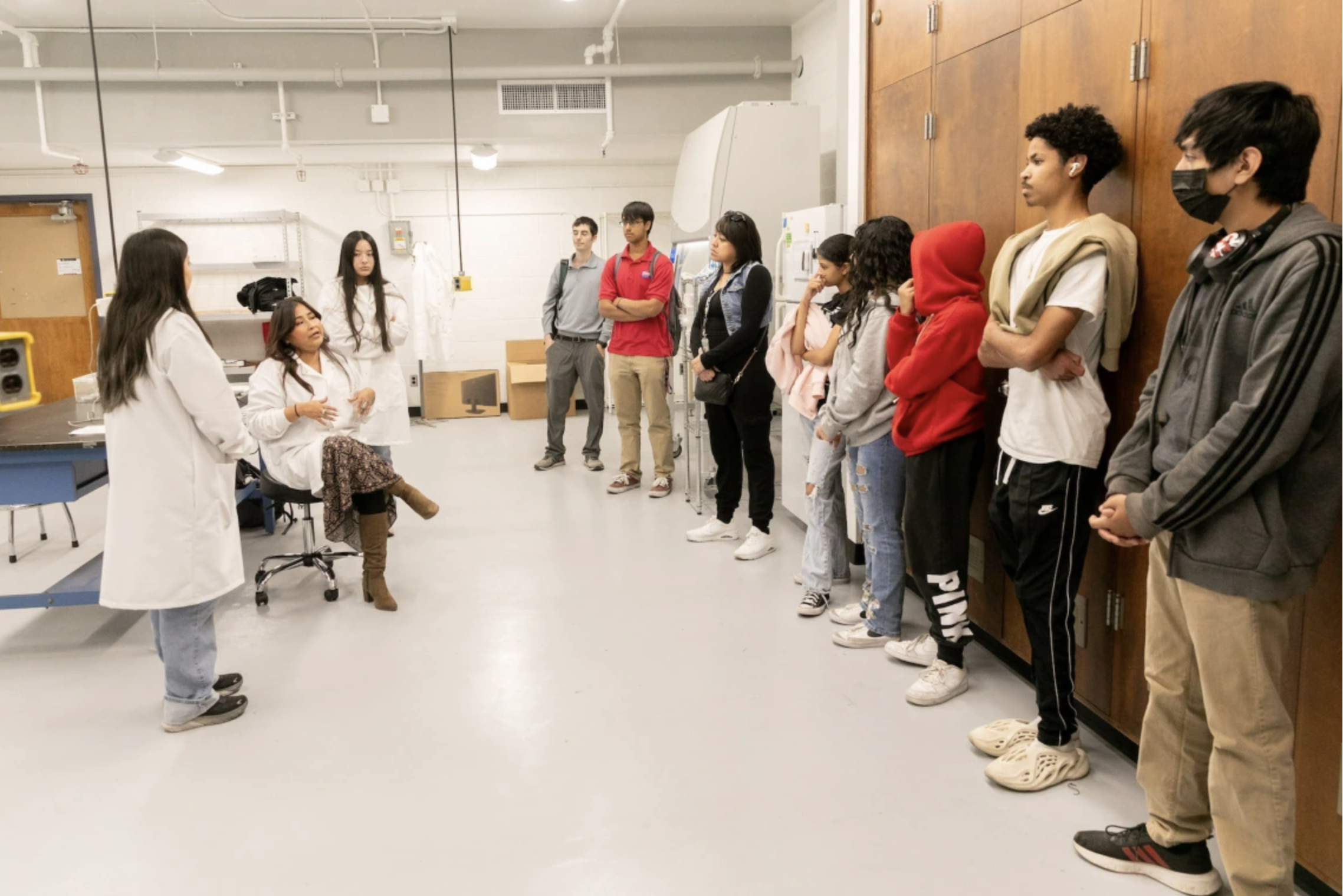Rosie Johnson Receives CoSSAC Star Award for Excellence in Program Management

Rosie Johnson plays a central role in supporting the Theory, Data & Computation Group, the Theoretical Astrophysics Program, the Arizona Cosmology Lab, and many of Steward Observatory's research and educational efforts.
Rosie Johnson, Project Manager for Steward Observatory and the Department of Astronomy, has been selected as a recipient of the College of Science Staff Advisory Council (CoSSAC) Star Award, which recognizes staff who consistently go above and beyond in their roles.
Johnson's recognition comes as no surprise to the faculty members who work with her across multiple programs. She manages a complex portfolio that includes the Theory, Data & Computation (TDC) Group, the Theoretical Astrophysics Program (TAP), the Arizona Cosmology Lab, and student-focused programs TIMESTEP and MESCIT—collectively supporting over 140 faculty, postdocs, and students across three departments.
The scope of Johnson's work is remarkable. As project manager for the TDC Group, she coordinates programming across 13 different research teams, providing financial management, personnel support, grant administration, event planning, and resource development. The group, created just three years ago, has been rapidly growing thanks to her support.
"Managing and coordinating programming across 13 different groups requires significant management skills—Rosie has excelled in this role," wrote the TDC Group faculty in their nomination letter. They noted that her expertise has been critical in helping the group navigate the university's recent financial challenges while ensuring budgets are filed on time and each research team's specific needs are met.

Rosie Johnson (center) receives her CoSSAC Star Award at a celebration.
As project manager for TAP, Johnson faces the challenge of coordinating events, meetings, and budgets across the Astronomy, Physics, and Planetary Sciences departments. The program currently includes approximately 32 faculty members, 20 postdocs, and over 60 graduate students. She oversees TAP steering committee meetings, the colloquium program, student initiatives, and a Lectureship series that brings six to seven visiting faculty to UA each year—requiring coordination with 14 different faculty members across three departments.
Professor Gurtina Besla, TAP Chair and Director of TIMESTEP and MESCIT, emphasized Johnson's impact: "TAP is a large and complicated program that could not operate without Rosie's significant organizational and management skills; she goes above and beyond to make sure this large program operates seamlessly."
Johnson also serves as financial program manager for two student-focused initiatives. TIMESTEP offers educational and professional development opportunities for undergraduate students in the physical sciences, including a Research Apprenticeship program that places approximately 13 astronomy sophomores into research groups and a Summer Tech Internship program placing around 20 STEM juniors with tech companies in southern Arizona.
MESCIT provides math tutoring for Native American high school and middle school students, employing about 10 UA undergraduates annually to provide one-on-one support at Tucson schools. Under Johnson's financial management, the program expanded to offer a new summer camp for middle school students in July 2025.
Both programs involve complicated funding models with multiple private foundations, donors, and federal grants across various accounts. "I cannot stress enough how complicated these financials are and how utterly lost we were before Rosie joined these teams," Besla wrote in her nomination letter.

Rosie Johnson's work helps support tutees for the MESCIT program, pictured here. MESCIT provides one-on-one math tutoring to local Native American middle and high school students, and brings them to campus for tours and to connect with U of A scientists and engineers from Native backgrounds.
Johnson has also been instrumental in handling two multi-million-dollar NSF projects: the Black Hole Partnerships for International Research and Education (PIRE) Project and the Event Horizon Telescope (EHT) Project. Her management was particularly critical to the EHT collaboration's historic 2019 achievement: capturing the first image of a black hole.
Johnson has prepared and submitted dozens of funding proposals and coordinated hackathons, webinars, schools, and workshops that have raised UA's national and international profile in astrophysics research. "Collaborators from Harvard, among others, have expressed admiration for the quality and execution of these events, attributing their high regard for UA in part to Rosie's exceptional organizational skills," wrote Associate Research Professor Chi-kwan Chan.
The faculty members who nominated Johnson consistently praised not just her organizational abilities but her dedication to the community. "We genuinely have no idea how she manages to keep everything so well organized—she never misses deadlines," the TDC Group faculty wrote.
Besla described Johnson as "an incredible colleague and is the heart of our administrative staff," noting that she continually exceeds all expectations and has been absolutely instrumental in the continued development and success of multiple programs.
Johnson also serves as a member of CoSSAC itself, actively supporting its mission to foster collaboration, inclusivity, and professional development while advocating for staff welfare.
The CoSSAC Star Awards recognize staff members who demonstrate exceptional service to the College of Science community. In Johnson's case, the nomination letters speak to someone whose work touches nearly every aspect of theoretical and computational astronomy research at the University of Arizona—and who does it with skill, reliability, and genuine care for the people and programs she supports.

